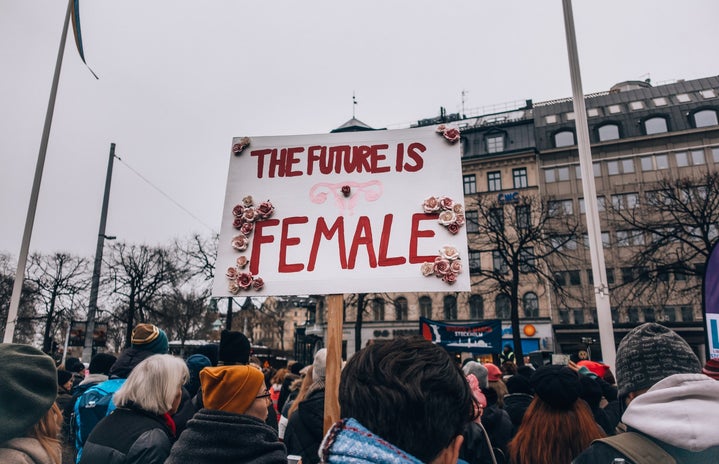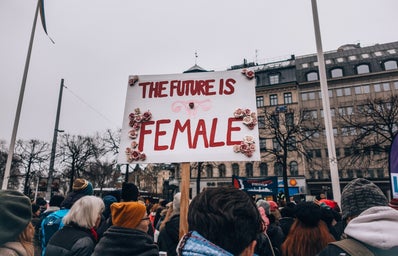Content Warning: Sexual Assault
When it comes to war, one thing remains true: it is the women who pay the ultimate price.
As we take this month to celebrate women all around the globe and highlight all of their incredible contributions to society, it’s imperative that we acknowledge those who can’t join in on the festivities, like the women in Ethiopia’s Tigray region.
There is a good chance that the women in Tigray have no idea that it’s Women’s History Month, or what today’s date is for that matter. All forms of communication to the outside world have been cut and there are very few modes of electricity throughout the region. Darkness, both literally and figuratively, is all most Tigrayans have known for the past year.
Tigray has been under siege since war broke out in Nov. 2020, with no medicine and only 15 percent of aid needed getting through. People are dying due to malnutrition, starvation or lack of access to life-saving medications, and as inhumane as that sounds, it gets worse. Women in these situations always have added risk because rape is often weaponized in times of war and this civil war between the Ethiopian Federal Government and Tigray’s regional one is no exception.
Amnesty International reported some disturbing first-person accounts of what the women in Tigray have been enduring for almost 500 days. A woman described being gang-raped by Eritrean soldiers who had come into her home after dark. She was 4 months pregnant.
Two survivors had nails, gravel and other types of metal inserted into their vagina. Others have tested positive for HIV since their rape.
A 21-year-old woman, who might otherwise be studying in a university right now and pursuing her dreams told a harrowing account of her kidnapping along with 30 other women in November of 2020, where they were starved and gang-raped for over a month.
Despite the overwhelming evidence including medical documentation, as well as sworn testimony from many witnesses as well as physicians, only 25 Ethiopian soldiers have been indicted for rape and just three have been convicted.
The lack of coverage from the media on this issue as well as the international community’s hesitation to act is a slap in the face to the millions of Tigrayan women who are fighting everyday for their lives as well as the lives of their children. The bare minimum that we can do as onlookers who have the privilege of only witnessing these horrors through our screens, is to amplify their voices and demand their safety be taken seriously.


